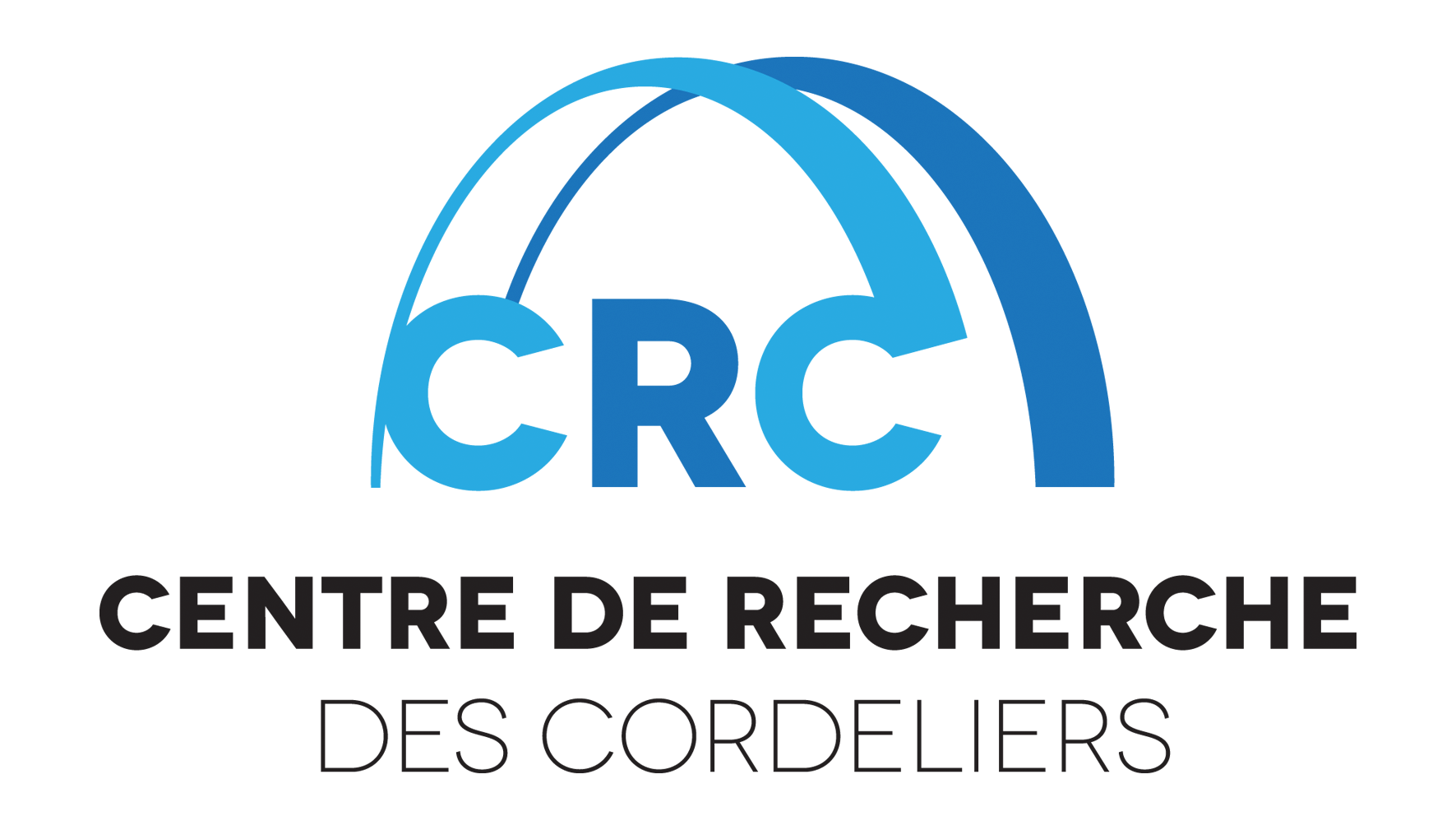β-catenin-mutated HCC have been shown to constitute a HCC subclass predicted to be resistant to immunotherapies, and we showed that it could be responsive to therapies targeted on its specific metabolism and epigenetics. We discovered that the metabolism of Choline was deregulated in β-catenin-dependent HCC. This provides a new imaging tool for diagnosis of these HCCs, using FluoroCholine Positron-Emission Tomography, and links metabolism to epigenetics (Gougelet, Sartor, Senni et al., Gastroenterology 2019). We also revealed that the A isoform of insulin receptor was overexpressed in human HCC, and linked to an enhanced aggressiveness in these cancers (Chettouh et al., Cancer Res 2013 ; Benabou et al., Cancer Let 2019). We generate new genetically-modified mice to test in vivo therapies based on our most relevant metabolic targets.

